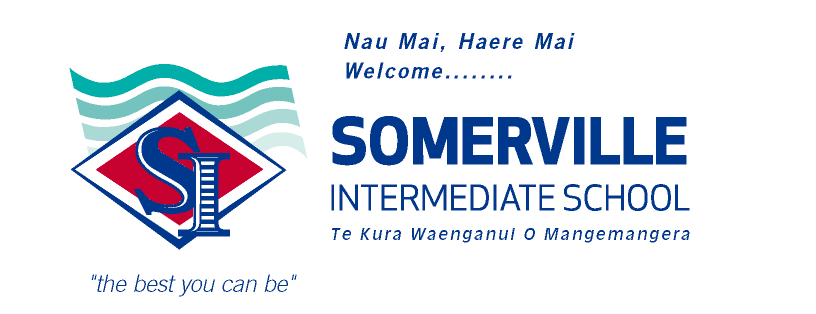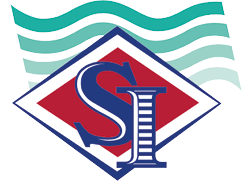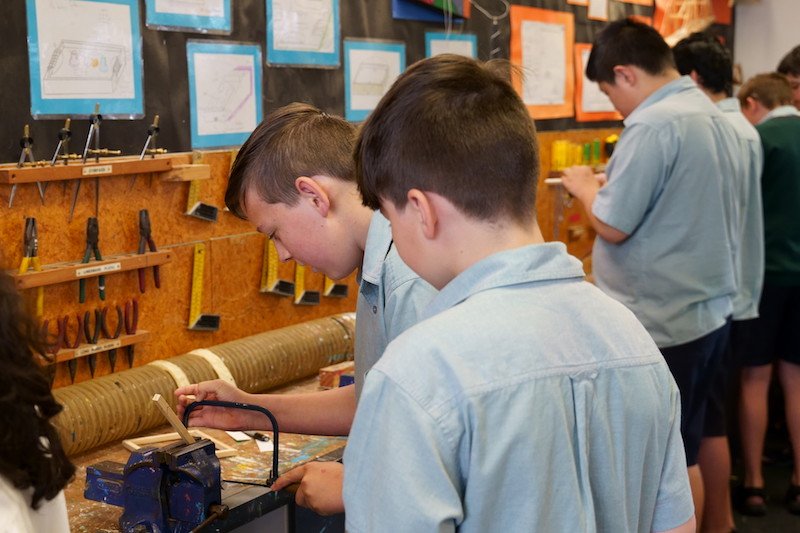Technology
There are three technology subjects run as part of our specialist rotations:
STEAM
Food Technology
Digital Design and Technology
Year 7 students spend half a term in each technology.
Year 8 students choose 4 subjects for the year. They choose from the technology and specialist areas. In each subject area, they have 15 lessons.
Introduction of Technology Subjects
STEAM
-
In recent years, STEAM education has become an essential part of learning, offering students an integrated approach to Science, Technology, Engineering, Arts, and Mathematics.
At the heart of STEAM is the ‘Engineering Design Process’, a problem-solving framework used in everyday life and real-world industries. Through STEAM classes, students will develop critical and creative thinking skills by applying six simple steps. They will identify real-world problems, design innovative solutions, build prototypes, and test their ideas — gaining hands-on experience in engineering and problem-solving.
-
In recent years, STEAM education has become an essential part of learning, offering students an integrated approach to Science, Technology, Engineering, Arts, and Mathematics.
At the heart of STEAM is the ‘Engineering Design Process’, a problem-solving framework used in everyday life and real-world industries. Through STEAM classes, students will develop critical and creative thinking skills by applying six simple steps. They will identify real-world problems, design innovative solutions, build prototypes, and test their ideas — gaining hands-on experience in engineering and problem-solving.
Food Technology
-
You will learn about:
The food technology room and the procedures we follow to ensure, the food that we prepare is safe to eat;
Health and safety procedures;
How to work together in a small group;
The words we use to describe and categorise food;
How to read a recipe;
How to use the equipment, the oven, the grill, the stovetop and the microwave effectively;
How to clean up and wash and dry dishes - without a dishwasher!
Nutrition and making healthy choices;
Garden to table
Use fresh seasonal produce in your creations;
Identifying the physical and functional attributes of the ingredients;
Food from different cultures around the world;
How to modify basic recipes;
The technology process.
You can look forward to modifying or designing and creating delicious products in the authentic context of Street Food and for the lucky ones, Celebrations!
-
You will build on what was learnt in the Year 7 course and learn about:
How to ensure your creations are nutritious and well balanced;
How to write a recipe;
How to modify recipes to make them healthier;
How to write a brief;
Planning for practice;
Functional modelling;
Evaluating the outcome;
Food and hospitality skills by supporting our student led café, Kawhe Hui;
Develop a product for the café based on stakeholder feedback;
You can look forward to modifying or designing and creating delicious products in the authentic context of Al Fresco (Outdoor) Cafe Food.
-
Kawhe Hui Entrepreneurial team – Terms 1, 2, 3 and 4
This is only open to Year 8 learners. Interested learners will have to submit a written application and those that are selected will be working in the following sub-groups: entrepreneurial, financial, cuisine, service and advertising. They will be responsible for the day to day to day running of our own student led café, Kawhe Hui and therefore will be required to attend lunchtime training sessions each week and be on a roster to work in the café on Fridays.
Digital Design and Technology
-
Year 7 students will learn about 3D design by using computer aided design (CAD) software to create an object to be 3D printed. They will also explore coding and computational thinking by creating a game.
-
Year 8 students will extend their knowledge and skills in 3D design and coding. They will use computer aided design (CAD) software to create a more complex object to be 3D printed, as well as being introduced to other forms and uses of 3D design. They will also continue to learn about coding and computational thinking through gaming.
-
The learning intentions related to the subject of Digital Design and Technology at Somerville Intermediate are listed below. The intentions are for students to cover a broad base of problem solving activities that require them to communicate ideas through computer aided design software and coding.
Both year 7 and year 8 are taught 3D printing and coding by creating original. Digital Design and Technology is one of the four subjects taught at Somerville linked to the New Zealand Technology curriculum, as well as the emerging Digital Technologies curriculum.
To develop a sound working knowledge of 3D printing and computer aided design (CAD) software.
To apply appropriate mathematical and technological knowledge to solving 3D design problems.
To develop a basic understanding of the purpose and types of coding.
To use coding and computational thinking to develop a game.
To understand and apply the basic processes and elements of design.
To gain a knowledge of materials, processes, and components and of their application to develop a product, system, or design.
To learn to evaluate how well solutions meet a given brief or instruction.
To describe what the internet is, how it works and how we can keep it safe for the future.










